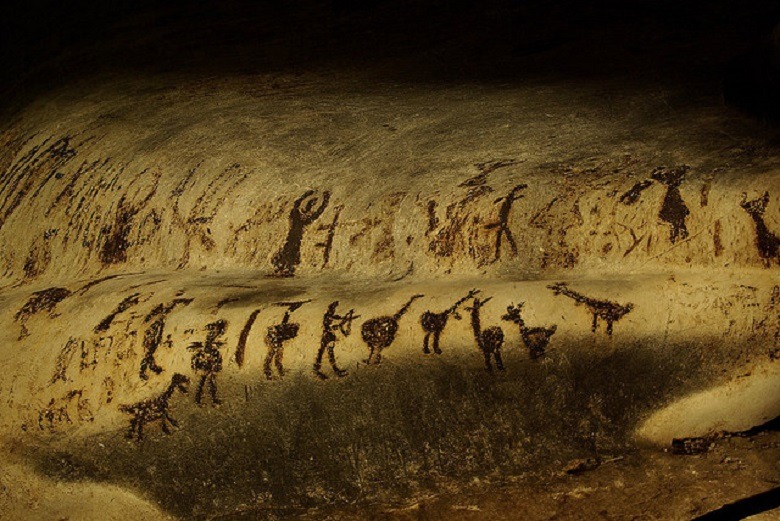
Animal welfare is not a modern phenomenon
In its simplest form, animal welfare refers to the relationships people have with animals and the duty they have to assure that the animals under their care are treated humanely and responsibly.
Despite its current popularity, interest in animal welfare is not a modern phenomenon. Concern for animal care and wellbeing has existed since domestication, which occurred at least 10,000 years ago in Neolithic times. Our appreciation and respect for animals led to their domestication, animal agriculture and animal husbandry, the branch of agriculture that deals with the care and breeding of animals. Many historians consider the development of agriculture to be the most important event in all of human history.
The animal welfare ethic that developed in the Neolithic era is one that obligated people to consider their animals’ welfare in order to achieve their own purposes. It set in place a mutually beneficial arrangement between people and animals that goes like this: “If we take care of the animals, the animals will take care of us.” In this ancient but enduring pact, self-interest demanded that people take good care of their animals. Amazingly, this very fundamental animal welfare ethic survives today, especially in settings where hands-on animal care continues. Today we call this special relationship the human-animal bond.
Dr. Bernard Rollin, an animal science professor at Colorado State University, argues however, that 20th century technology broke this ancient contract when it allowed us to put animals into environments and uses that didn’t impair their productivity but harmed their well-being.
That defines the challenge today, the need to provide acceptable levels of animal welfare in a nation that is no longer rural and agricultural, but which in the span of 2 paradigm-shifting centuries has become urbanized and technological. In modern American society only 2% of an ever-increasing population lives on farms and only 1% practices farming as an occupation. This contrasts sharply with the mid 1800’s when 90% of Americans were farmers. If these trends continue, farming will become more concentrated in the future, a situation that makes animal welfare an even more important subject.
See more at Naiaonline.org





